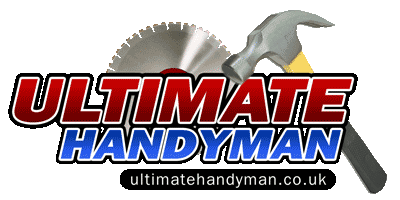I am confused to what type of floorboard i've got in my bathroom and whether I need to replace it to tile some ceramic tiles.
There isn't movement when i walk around the boards and it does not seem to be swelling even though there appears to be some water marks.
Can anyone tell me what type of floorboard i've got and whether it is suitable for floor tiling?



Many thanks
Ken
